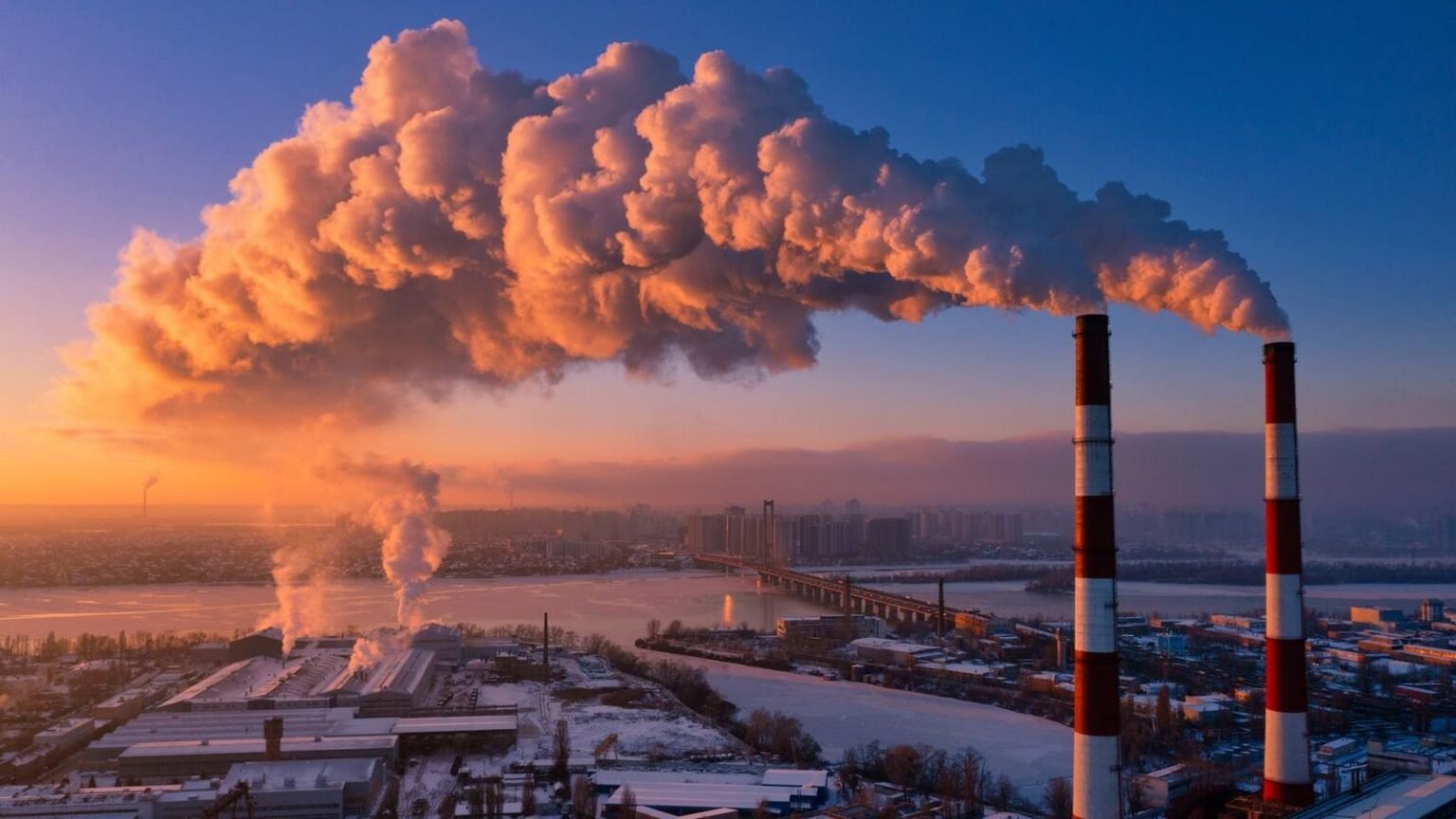Last week, there were historic setbacks for federal efforts to reduce air pollution and climate-warming emissions. The Supreme Court put a hold on the EPA’s “Good Neighbor” plan, which aimed to cut harmful ozone emissions that drift into the Eastern U.S. The ruling was a win for operators of dirty power plants and oil refineries, but a blow to environmentalists. Additionally, the court overturned the “Chevron Doctrine,” giving federal agencies less power to enact rules. Environmental groups expressed concern over the implications of these decisions, fearing they could impact public health and destabilize regulatory policy.
In response to the growing demand for lithium, a critical mineral needed for electric vehicles, Gradiant has spun off a new business called alkaLi. This venture plans to extract lithium from brine, a naturally occurring salty water, and process it for use in batteries. The company expects to raise $15 to $20 million and ultimately hire a new CEO to run the business. With the demand for lithium skyrocketing and the U.S. relying heavily on China for supply, this new business could help meet the growing need for this essential resource.
SE Ventures, a $1 billion-plus VC fund specializing in climate tech and industrial tech, is investing in companies like AiDash and Banyan Infrastructure. These investments focus on climate risk management, electrification, and decarbonization. The fund is also looking into areas such as climate resilience and how AI and physics-based approaches can help predict and visualize risks like flooding. As climate change impacts become more pronounced, businesses are increasingly looking for innovative solutions to mitigate their risks.
In other news, Tesla has been ordered to stop releasing toxic emissions from its San Francisco Bay Area plant, Volkswagen is investing in Rivian, and Midwest grid operators are turning away wind power. A Harvard study found that U.S. EV chargers are 78% reliable, with pricing compared to the “Wild West.” Researchers warn that climate change is adding to inflation and that hazards will only worsen. Intel is using lasers to meet AI demands in data centers, and French startup Carbios is entering the Chinese market with a new enzymatic PET recycling plant.
Overall, last week’s developments highlight the challenges and opportunities in the sustainability and climate tech sector. Despite setbacks in federal regulations, companies like Gradiant and SE Ventures are working to address critical environmental issues and develop innovative solutions. With increasing demand for sustainable practices and resources like lithium, the need for investment in climate tech and resilience is more important than ever. As businesses and policymakers navigate the complex landscape of climate change, collaboration and innovation will be vital in creating a more sustainable future.

